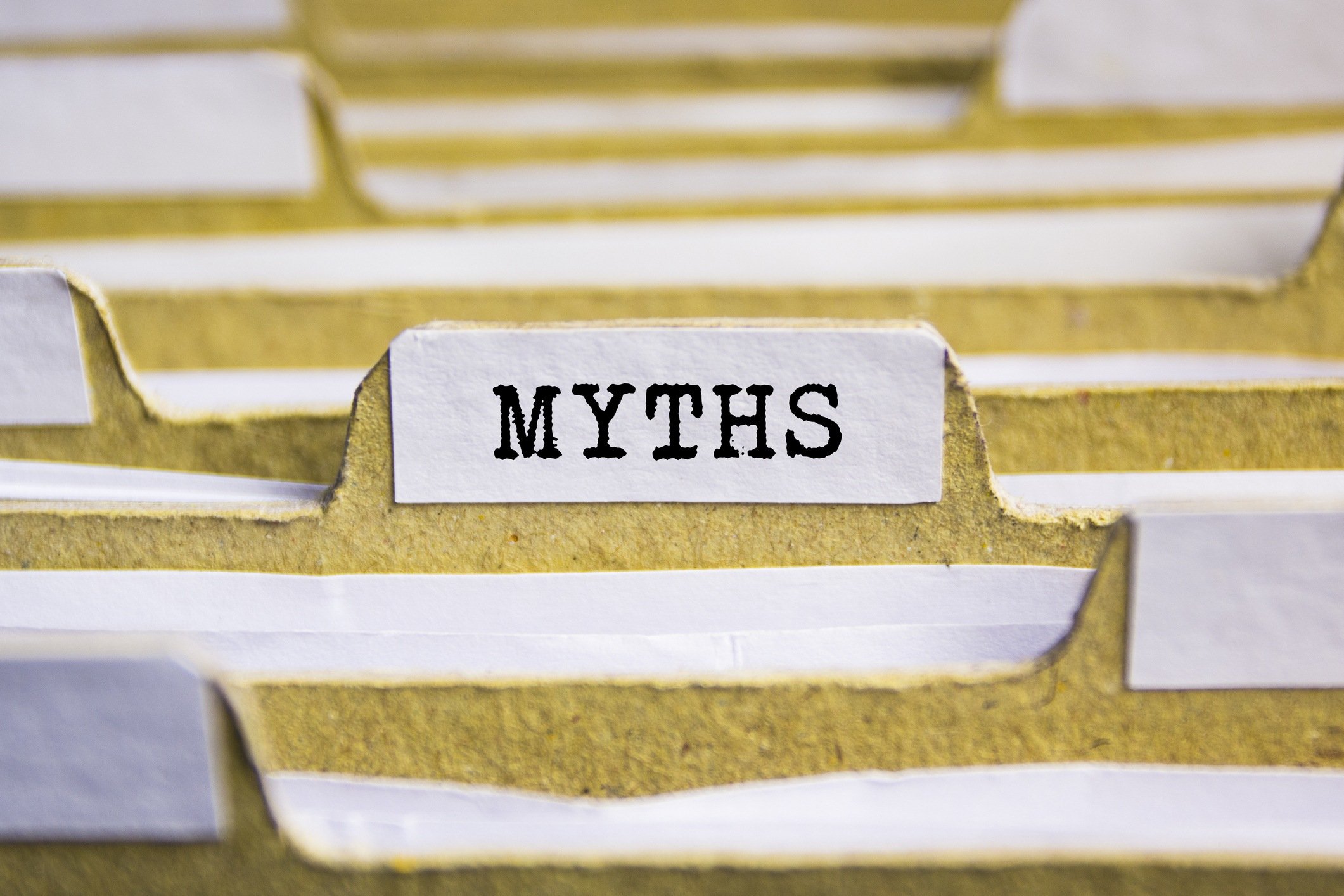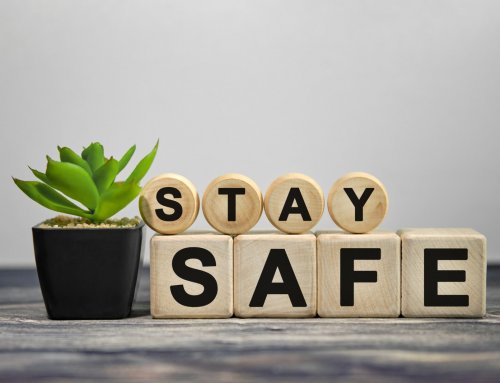
The coronavirus epidemic has many worried, and information about the disease floods the news and internet every day. There’s a ton of information on the coronavirus out there, but not all of it is necessarily true. Let’s separate fact from fiction: Here are six common coronavirus myths.
Face Masks Will Protect You
Not necessarily – standard surgical masks aren’t made to block viral particles. While they can help prevent infected people from spreading the virus by blocking respiratory droplets from the mouth, they probably aren’t very effective for those who are not infected.
You’re Less Likely to Get Coronavirus Than the Flu
Scientists measure the degree to which a disease is infectious by using a “basic reproduction number.” This estimates the number of people one person will infect with the disease. At this time, coronavirus has a higher basic reproduction number (2.2) than the flu, which measures at 1.3. While flu vaccines help to reduce the number of people who contract the flu, there is currently no vaccine for the coronavirus.
The Corona Virus is Very Deadly
From listening to the tone of the media when reporting on the coronavirus, you might think that the fatality rate is high for this disease. But the reality is that 81% of people infected have mild cases, according to the Chinese Center for Disease Control and Prevention. About 13.8% report severe illness. This can mean that they require supplemental oxygen. About 4.7% of those infected end up in critical condition, and about 2.3% die. So while the disease can be severe, it’s typically deadly only for the elderly and those with underlying health conditions.
Coronavirus Symptoms are Apparent Immediately
You likely wouldn’t know if you had coronavirus right away. The disease can cause a wide range of symptoms that can be mistaken for the flu or a cold. Common symptoms are fever, cough, and difficulty breathing. In severe cases, the disease can turn into pneumonia-like illness. However, it could take days to experience any symptoms at all.
Packages from China Are Carrying the Virus
The World Health Organization says that it’s safe to receive letters or packages from China. Research shows that the virus doesn’t survive long on these objects, as is the case with MERS and SARS.
Even though not many cases of the coronavirus have been seen in the U.S., it’s important to stay educated about the disease and how to protect yourself. Although it hasn’t spread far in the U.S., the market has experienced a coronavirus correction and may continue to be negatively affected by the disease.








